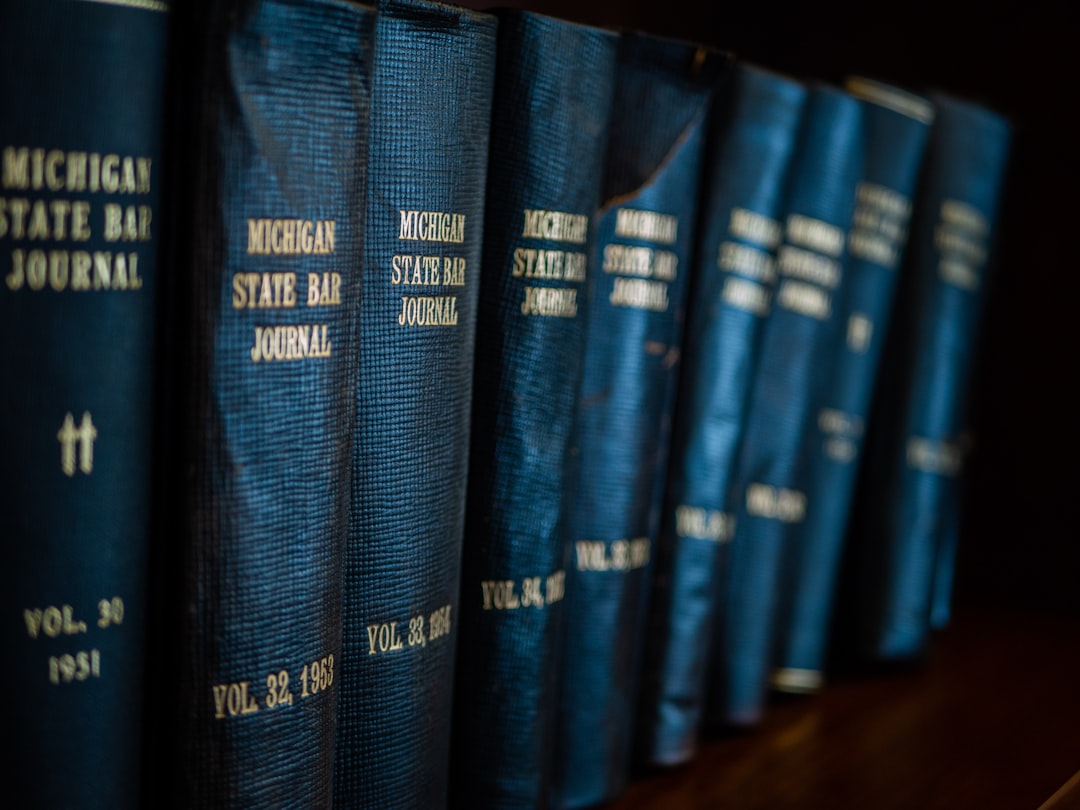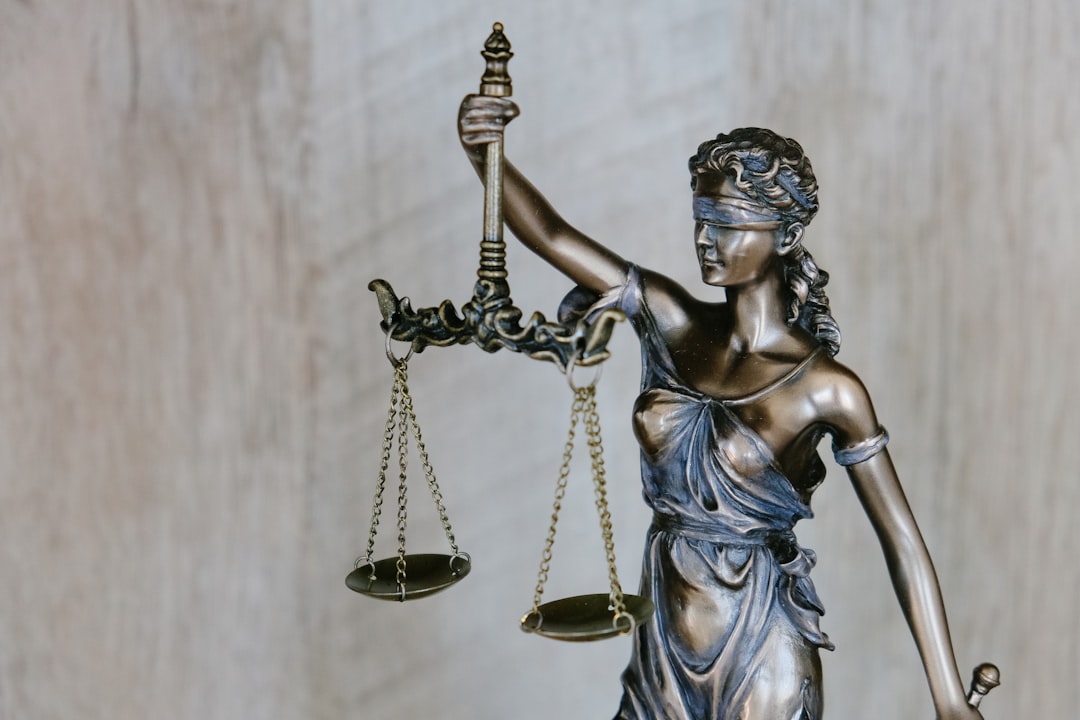In Seattle, rape attorneys defend clients accused of rape by leveraging intoxication as a strategy. They collaborate with experts to analyze blood alcohol levels and drug toxicity, aiming to prove impaired mental states due to substance consumption. The defense challenges the prosecution's ability to establish specific intent, arguing that the defendant was too intoxicated to comprehend actions or give informed consent. This requires meticulous planning and expert testimony, with prosecutors bearing a high burden of proof. Rape attorneys in Washington are vital for building robust defenses, navigating legal complexities, and ensuring justice in such cases.
In Seattle, Washington, understanding intoxication as a defense in rape cases is crucial. This article delves into the legal intricacies surrounding this strategy, focusing on the state’s definition and burden of proof for such defenses. It explores the pivotal role played by experienced rape attorneys in navigating these complex matters. By examining these aspects, we aim to empower survivors and ensure justice, highlighting the importance of skilled legal representation for those facing rape accusations in Washington.
Understanding Intoxication Defense in Rape Cases

In Seattle, Washington, intoxication can serve as a defense strategy for individuals charged with rape. This legal concept argues that at the time of the alleged crime, the defendant’s mental state was impaired due to excessive alcohol or drug consumption, rendering them unable to form the specific intent required for a rape conviction. Intoxication defense attorneys in Washington work diligently to prove that their client’s judgment and ability to consent were significantly affected, potentially mitigating or even dismissing the rape charges.
Rape attorneys in Washington often collaborate with forensic experts to analyze blood alcohol levels (BAL) and drug toxicity levels. They present evidence showing that the defendant was so intoxicated that they couldn’t comprehend the nature of their actions or give informed consent, thereby challenging the prosecution’s ability to prove beyond a reasonable doubt that rape occurred. This defense strategy requires meticulous planning and expert testimony to ensure the court understands the impact of intoxication on an individual’s behavior and decision-making processes.
Legal Definition & Standard of Proof in Washington

In Seattle, Washington, as in many states across the US, intoxication can be used as a defense in rape cases. The legal definition of intoxication revolves around whether the accused’s mental and physical capacities were impaired to the extent that they could not consent to sexual activity. This typically involves demonstrating that the defendant was under the influence of alcohol or drugs, which affected their ability to make rational decisions or comprehend the nature of their actions.
The standard of proof in Washington for establishing intoxication as a defense is high. Prosecutors must prove beyond a reasonable doubt that the accused was not impaired, meaning they had the mental capacity to understand and consent to the sexual act. This is where rape attorneys in Washington play a crucial role: they defend their clients by presenting evidence related to intoxication, including witness statements, medical records, and expert testimony from toxicologists or doctors, aiming to convince the jury that the accused was unable to give informed consent due to impairment.
Role of Rape Attorneys in Navigating Intoxication Defense

In Seattle, Washington rape cases, the role of rape attorneys is paramount in navigating complex defenses like intoxication. These legal experts possess deep knowledge of state laws and procedural nuances, crucial for presenting a compelling case where alcohol or drug use may have impaired a defendant’s capacity to consent. Rape attorneys in Washington meticulously examine evidence, witness statements, and forensic data to build a robust defense strategy.
They also play a vital role in cross-examining prosecution witnesses, challenging the admissibility of evidence related to intoxication, and arguing for reasonable doubt. By leveraging their expertise, rape attorneys strive to ensure that justice is served fairly, protecting the rights of their clients while holding perpetrators accountable within the confines of the law.






